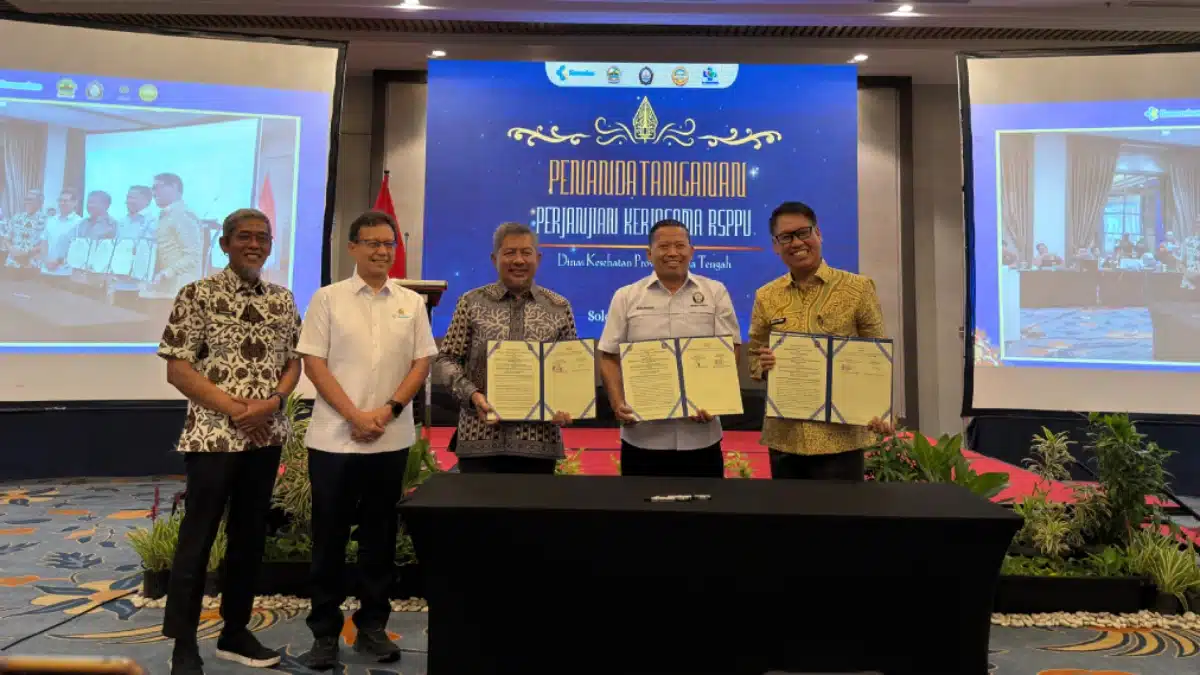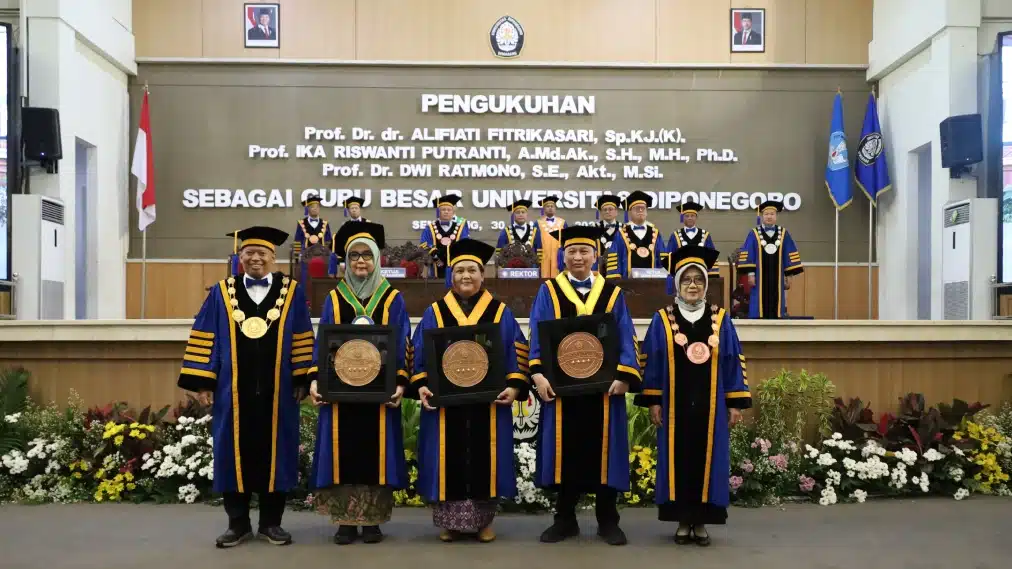The festive moment of Eid al-Fitr is identically celebrated with various fatty foods and coconut milk, such as opor, meat stews, rendang, and other foods usually served during Eid. Although it is included in the category of nutritious food, it contains carbohydrates, cholesterol, fat, and salt which can cause many health problems if consumed in excess amounts. It is not surprising that many people will complain about health problems after celebrating Eid. To prevent the occurrence of health problems, you should need to do regular health checks. Health checks should not be postponed until the emergence of symptoms, they can be done at any time, the general term is “General Medical Check Up”.
“We can eat special Eid dishes, but we must adjust the portions so that we do not eat in excessive amounts. Don’t forget that people with certain diseases have to take their medicine regularly. In addition to the diet pattern and the regular medication consumed, other healthy lifestyles must also be carried out, for example getting enough drinks, enough rest, and doing regular exercise,” said dr. Ika Vemilia Warlisti, Sp.PD, Internal Medicine Specialist at Diponegoro National Hospital (RSND), Diponegoro University.
“In patients who have chronic diseases, it is usually scheduled to carry out routine checks for physical and laboratory health checks. Meanwhile, for patients who do not have a history of chronic disease, it is better to conduct a General Medical Check Up once a year even though they rarely get sick. The check up can start from simple health check packages, for example physical examinations and routine laboratory checks for blood, urine, sugar levels, fat levels, and uric acid as initial examinations as screening/screening for metabolic diseases such as diabetes/sugar disease, fat metabolism disorders, and high blood pressure. You can come to health facilities that provide these facilities, for example to Puskesmas, Pratama or Madya clinics, and Hospitals. Do it immediately, don’t wait for symptoms of illness,” she explained.
“If it turns out that the parameters of the examination results are bad, for example, blood pressure rises, cholesterol rises, uric acid rises, we will immediately evaluate it. We make arrangements for food, diet, regular exercise, then within a month we will check again, whether the arrangement is successful and can reduce patient complaints. If a new diet pattern and new lifestyle cannot fix the problem, then the patient will be given medicine according to the indications,” continued dr. Ika.
“Right now it’s still in the festive season, for those of us who already have comorbid diseases, such as sugar, high blood pressure, heart or kidney disorders, we must be able to restrain ourselves and take care of ourselves by adjusting our diet and lifestyle. So that what we have been guarding so far can still be controlled,” she concluded. (Lin – Public Relations)









